A Mental Illness Pandemic is Underway
Our early 21st-century brains are feeling fragile in the wake of the Covid pandemic, with information overload, politics and roiling economies driving an upswell of people looking for relief. Twenty percent of Americans are experiencing mental illness—anxiety, depression, eating disorders, posttraumatic stress disorder or compulsive behavior. Less than half of those are getting treatment—and the prevalence of mental pathologies is expected to keep rising. One in six Americans has a substance use disorder. Of these, 93.5% get no treatment. Brain fog that comes for many people suffering from long Covid will also continue to affect millions of people as the virus becomes endemic.
Mental health challenges in children, adolescents and young adults are real and widespread. Even before the pandemic, an alarming number of young people struggled with feelings of helplessness, depression and thoughts of suicide. … The future well-being of our country depends on how we support and invest in the next generation.
Vivek Murthy
US Surgeon General
-
1/2of new MDs can’t find a psychiatric residency slot
-
$16 TRILLIONEstimated annual global cost from depression, 2030
By 2030, the World Health Organization expects depression to cost the world $16 trillion a year, mostly from lost productivity, with an estimated 12 billion working days lost each year. More distressing is the toll on our kids. Over 16% of children ages 12–17 had a serious depressive episode in the past year. 58% of Americans think that the next generation will have a worse living standard than the current one, an 18% drop in optimism since 2019 and an almost 30% drop since 1999.
In the US, mental health care badly needs a system redesign. Doctors and nurses trained in mental health— and beds for psychiatric patients in hospitals and detox centers—are chronically strained. Right now, the US only has enough psychiatrists to meet 60% of the demand for their services. Three out of every five psychiatrists are over age 55, and yet almost half of newly minted MDs applying for psychiatric residencies can’t find a slot.
The most visible manifestation of our broken mental health system: over half of those experiencing homelessness are severely mentally ill or addicted to hard drugs. Major cities like New York are enacting involuntary commitment measures—authorizing EMTs and other medical personnel to commit mentally ill patients to temporary incarceration. Disappointing early results in San Francisco’s version of the program illustrate that these efforts only have a future if we build more long-term mental health facilities and double the number of providers trained to treat mental illness.
FLATTENING THE MENTAL ILLNESS CURVE
According to the United Nations, depression in 2010 was ranked third among causes of the global burden of disease and is projected to rank first in 2030. The challenge is to flatten this upward curve as much as possible. A host of solutions is emerging, some time-honored, others cutting-edge.
-
1 IN 5Americans experiencing mental illness
-
1 IN 6Americans with a substance abuse disorder
-
16%Teenagers who experienced a serious depressive episode
2021
